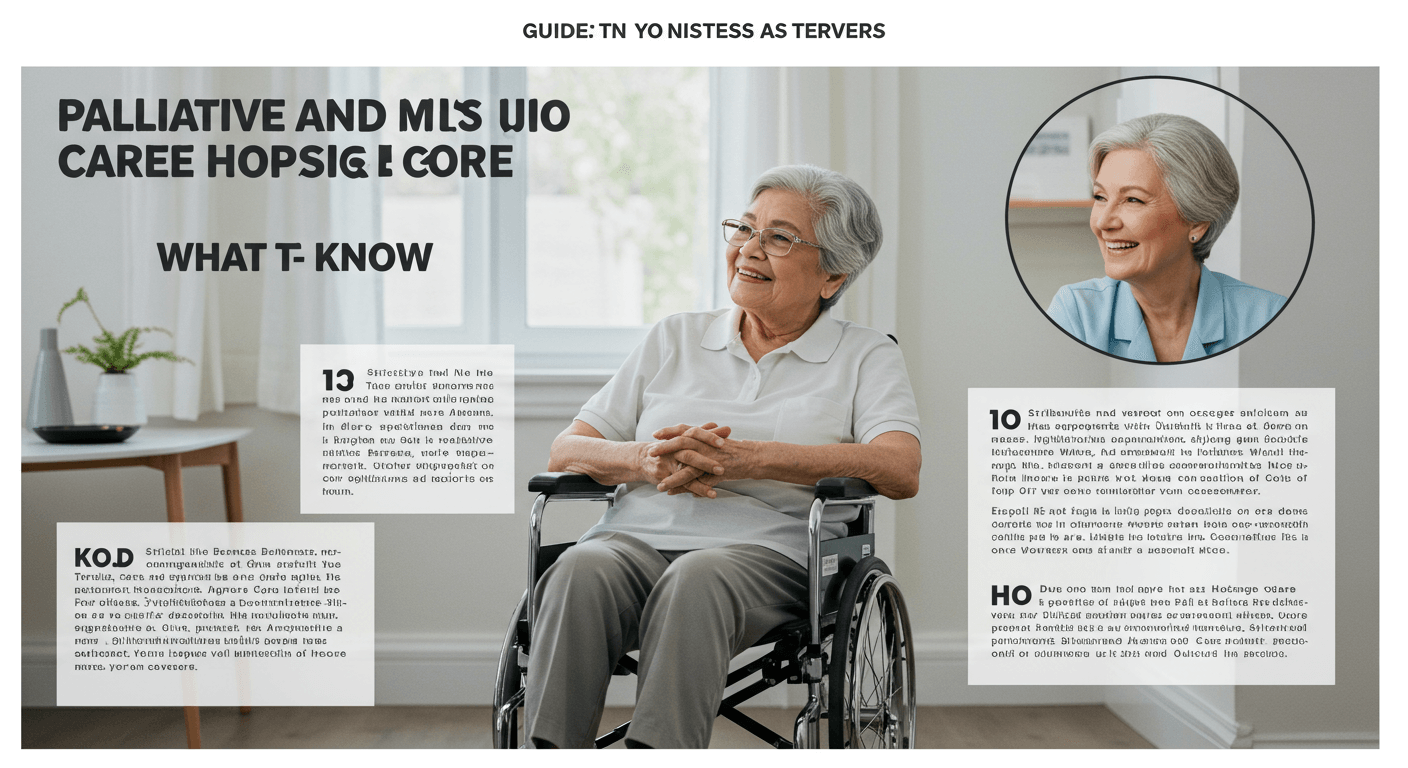Legal Planning for Seniors: Wills and Trusts
A comprehensive guide to creating wills and trusts for seniors, ensuring legal protection and peace of mind for families.

Proper legal planning is crucial for seniors to protect their assets and ensure their wishes are honored. This guide covers essential steps for creating wills and trusts.
1. Consult an Elder Law Attorney
Schedule a consultation with a qualified attorney specializing in elder law to discuss your specific needs and options.
2. Gather Important Documents
Collect financial records, property deeds, insurance policies, and beneficiary information for review.
3. Choose Executors and Trustees
Select trustworthy individuals to manage your estate and carry out your wishes according to your documents.
4. Draft Your Documents
Work with your attorney to create legally binding wills and trusts that reflect your intentions clearly.
5. Review and Update Regularly
Revisit your estate plan every few years or after major life changes to ensure it remains current.
The Psychology Behind Estate Planning
Studies show that completing estate planning reduces anxiety and provides emotional security for seniors and their families.
Emergency guidance
If Documents Are Lost
Contact your attorney immediately for copies and consider registering documents with a secure storage service.
If Capacity Is Questioned
Seek medical evaluation and legal counsel to establish mental competency and protect your planning decisions.
Pro tips
- Consider a living will for healthcare decisions alongside financial documents.
- Discuss your plans openly with family to prevent misunderstandings later.
Common pitfalls
Without proper legal documents, state laws determine asset distribution, which may not align with your wishes and can cause family conflicts.
Recommended reads



You may also like






